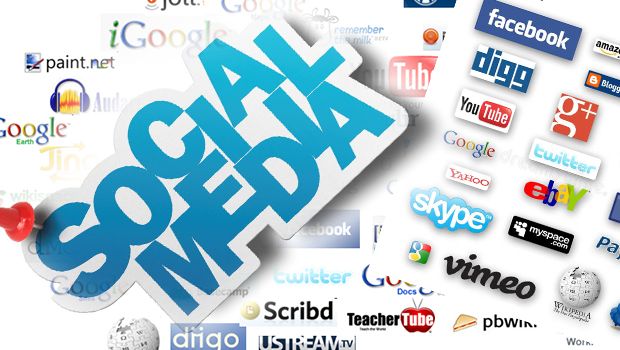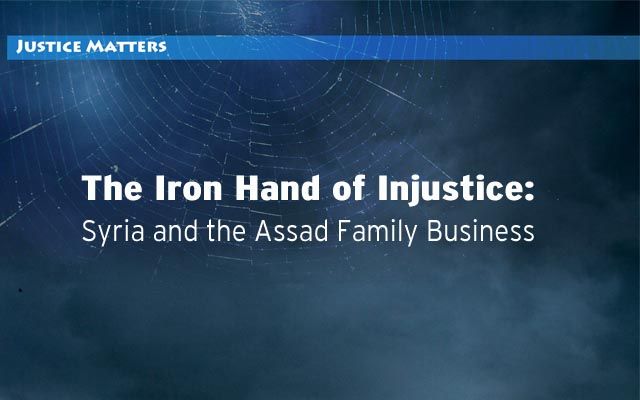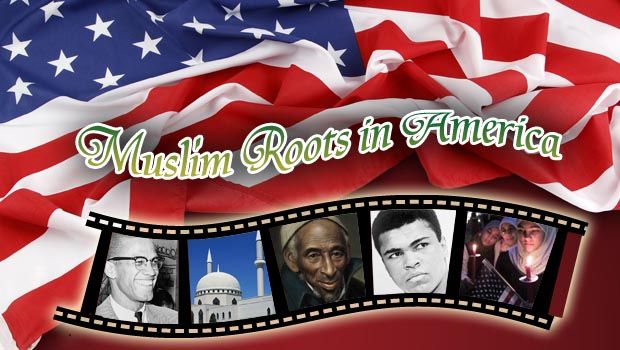The concept of social media has undergone defining and evolutionary expansion over the past ten years, in ways that have reached the farthest corners of the earth and the most immediate facets of our personal lives. This era has seen the re-invention of all our most common gadgets such as cell phones and laptop computers into tools that connect each of us to the very nexus of the world. Steve Jobs, who died of cancer in early October, was the individual most responsible for making technology so intuitive that a 3-year-old can figure out how to work an iPad. Felix Salmon, a blogger, wrote, “It was Steve Jobs who, almost single-handedly, turned personal technology into personal technology.” Jobs unrelenting individualism and willingness to work tirelessly to achieve his objectives, in concert with his creative genius, are noteworthy.
Yet it seems that those who are inclined to individualism can easily slide into Ayn Randian perspectives. These advocate a “morality of selfishness” and an unabashed egoism. Rejected is any notion of ethical altruism — the unselfish concern for and devotion to the welfare of others. The mindset of individualism taken to the extreme explains audience members at the Republican debate who cheered the idea of letting an uninsured man die or wildly applauded Texas governor Rick Perry’s record for greatest number of executions in any state. Such hardheartedness also explains to great extent the growing protests to the banking oligarchy on Wall Street.
Combating greed and a heartless ultra-right-wing ideology and the policies they generate is made more possible with the use of the internet’s alternative media and social media networking. Steve Jobs has become a household name and it symbolizes this distinctive time of personal technology that gives each individual the opportunity to bring forward an entrepreneurial idea, a plan of action for a civic project, or a rallying call that champions a cause. And in every case there is potential for reaching a critical mass of minds and imaginations — in ways that can literally transform the political, social, and/or economic vista in one’s own city or around the world. President Obama once said, “Change will not come if we wait for some other person, or if we wait for some other time. We are the ones we’ve been waiting for. We are the change that we seek.” His predecessor, John F. Kennedy, said along the same lines, “One person can make a difference and every person should try.”
We can influence and be influenced as we ride the social media wave toward the shore
We know that great social changes have always been identified with a name and a resolute character — the prophets sent by Allah SWT best typify these eminent souls. And in our contemporary times there have been those who ushered in great social changes like Nelson Mandela, Malcolm X, Martin Luther King, Jr., and Rosa Parks. They were the pre-internet activists. Asmaa Mahfouz, whose YouTube video sparked a revolution in Egypt, and those like her, are the new activists, using social media to map out the way to positive change.
This issue explores the varying forms of social media. It also focuses on how the youth are using their skills and the tools of technology to raise the volume of an ever-growing stream of voices that choose to share and nurture positive human experience — people collaborating for the common good. While certain cautions are noted about the pervasive and often addictive power of social media, the focus is on the youth who are using their creativity and technological savvy to create greater access to information, increase communication, and make available accurate material about Islam and Muslims.
We can rightfully celebrate these not-superficial trends. Imagine the limitless possibilities, for example, as more and more get involved, get creative, and get the word out that Muslims are the next-door neighbor, the colleague at work, the student in the next seat, the person sitting beside you on the bus. Lena Khan, a 23-year-old woman wanted to present Muslims as relatable, down-to-earth people and so she produced and directed a short video, “A Land Called Paradise,” and placed it on YouTube. To date it has garnered over 500,000 hits and won a $20,000 prize in a contest to produce videos that challenge Muslim stereotypes.
An example of an unexpected collaboration is the story of Suzy Ismail, a Visiting Professor at DeVry University and author of a number of books for Muslims. Her article in this issue, Blogging Our Way Towards Understanding, describes her journey from a mindset of exclusion — “By secluding ourselves with only same-faith, like-minded individuals, we had unwittingly cut ourselves off from interacting with those people who we could ‘invite to all that is good,’ from engaging in any form of relationship that would allow for sincere and open dialogue and discourse about faith” — to one that does not shy away from differences, a mindset which gave birth to a blog with fellow author Suzi Ryan, a devout Christian. Their aim is to share their thoughts with others and plant seeds of understanding.
We, as Muslims, can create expressions of outreach as varied as the individuals in “A Land Called Paradise.” We can share our visions of a greater tomorrow, sowing tolerance and genuine caring about the welfare of others. We can influence and be influenced as we ride the social media wave toward the shore. There, walking beyond the popular culture’s shifting sands of style and celebrity and superficial trend, further on past demagoguery and wealth elitism, we find solid ground where we can be active builders of a common good. Social media networking is just one tool, but an important one, in that human project.





